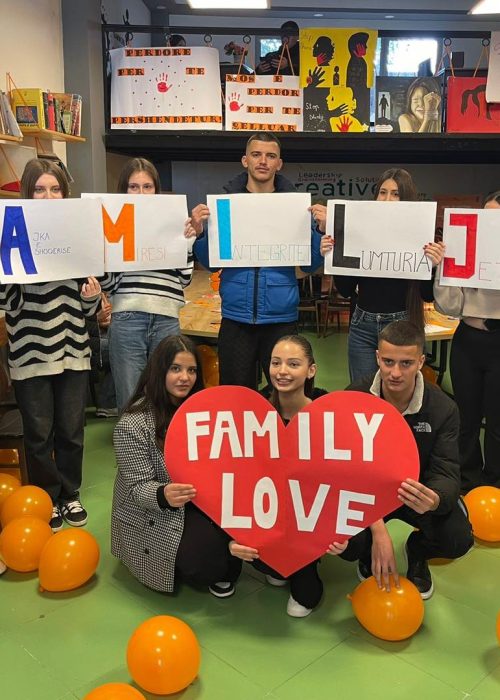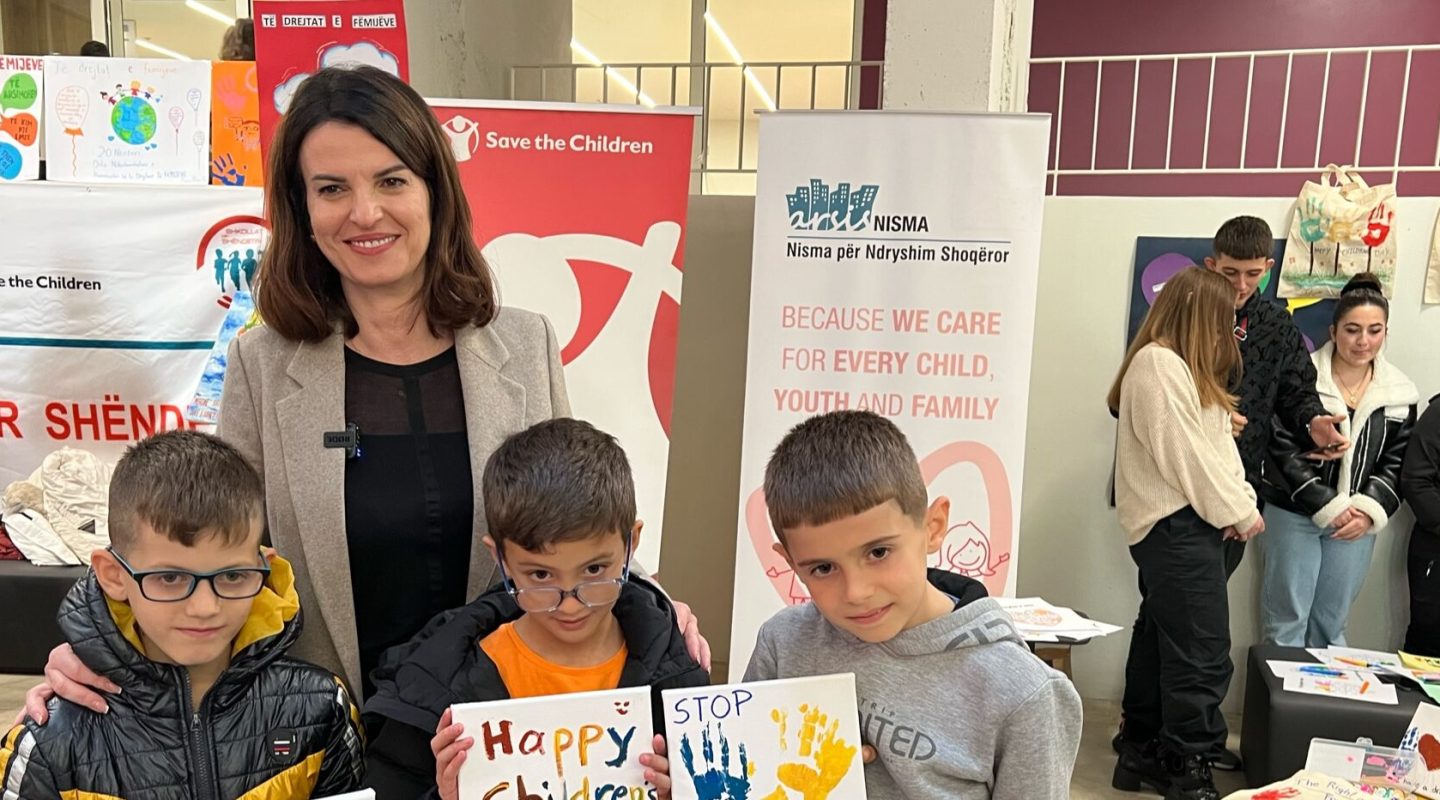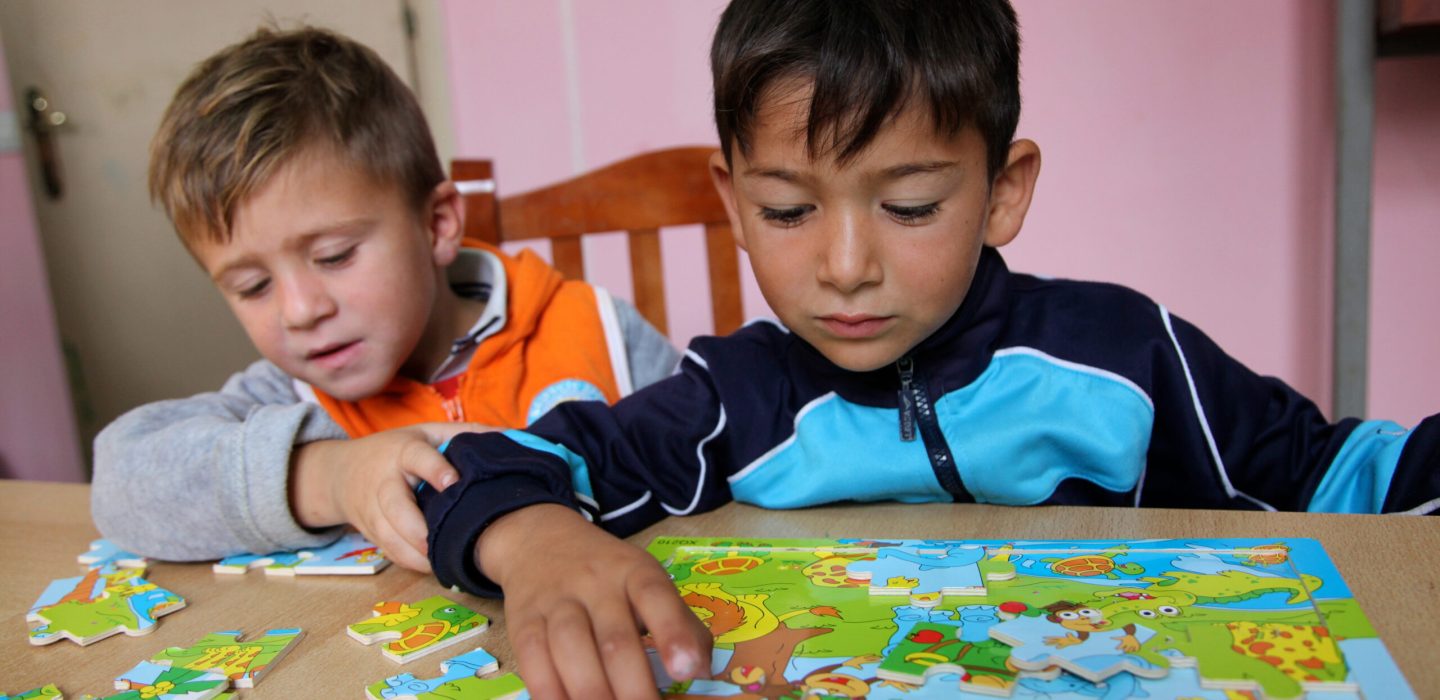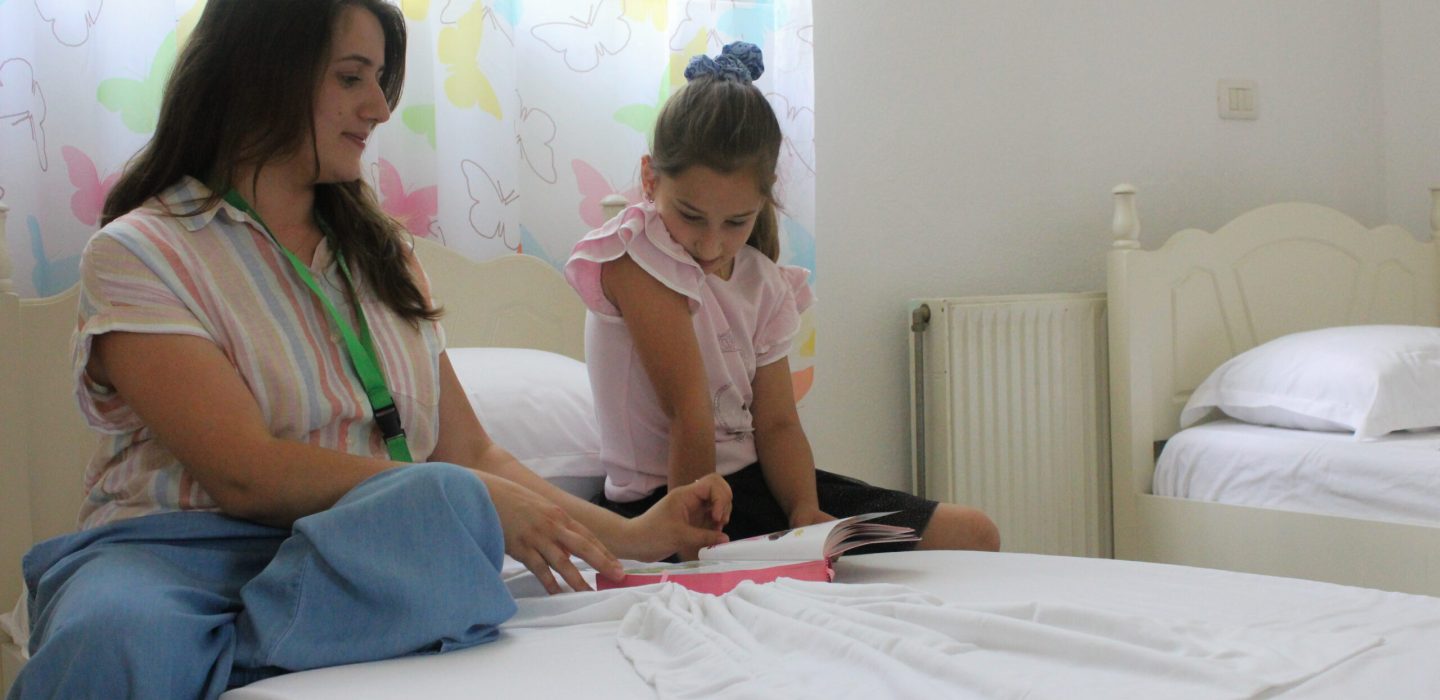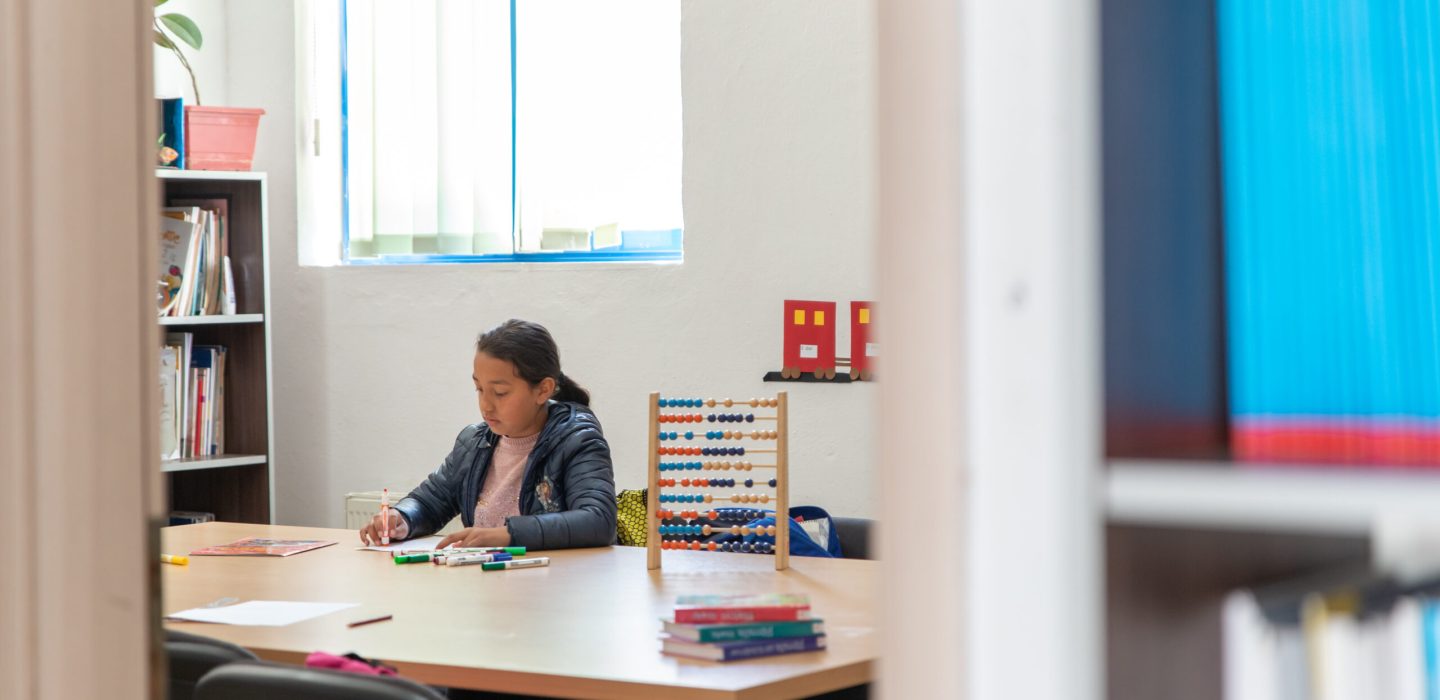Home visits: Engaging directly with families in their homes to assess their needs and provide targeted support.
Needs assessment: Conducting comprehensive assessments to identify the specific needs and challenges faced by children and families.
Risk assessment: Evaluating potential risks to the safety and well-being of children, enabling proactive measures to mitigate these risks.
Active participation in the Intersectoral Technical Group (ITG): Facilitating the involvement of relevant stakeholders, coordinating necessary services for effective case management and provision of direct support services.
Individual Protection Plan: Developing customized plans tailored to the unique circumstances of each child, outlining strategies for their protection and support.
Case management with prevention-oriented, Best Interest of the Child-oriented, and economic empowerment-oriented Approaches
Prevention services: Offering preventive interventions aimed at reducing the likelihood of harm or abuse before it occurs.
Counselling sessions: Providing supportive counseling services to children and families to address emotional and psychological needs.
Emergent intervention: Responding promptly to urgent situations requiring immediate attention and support.
